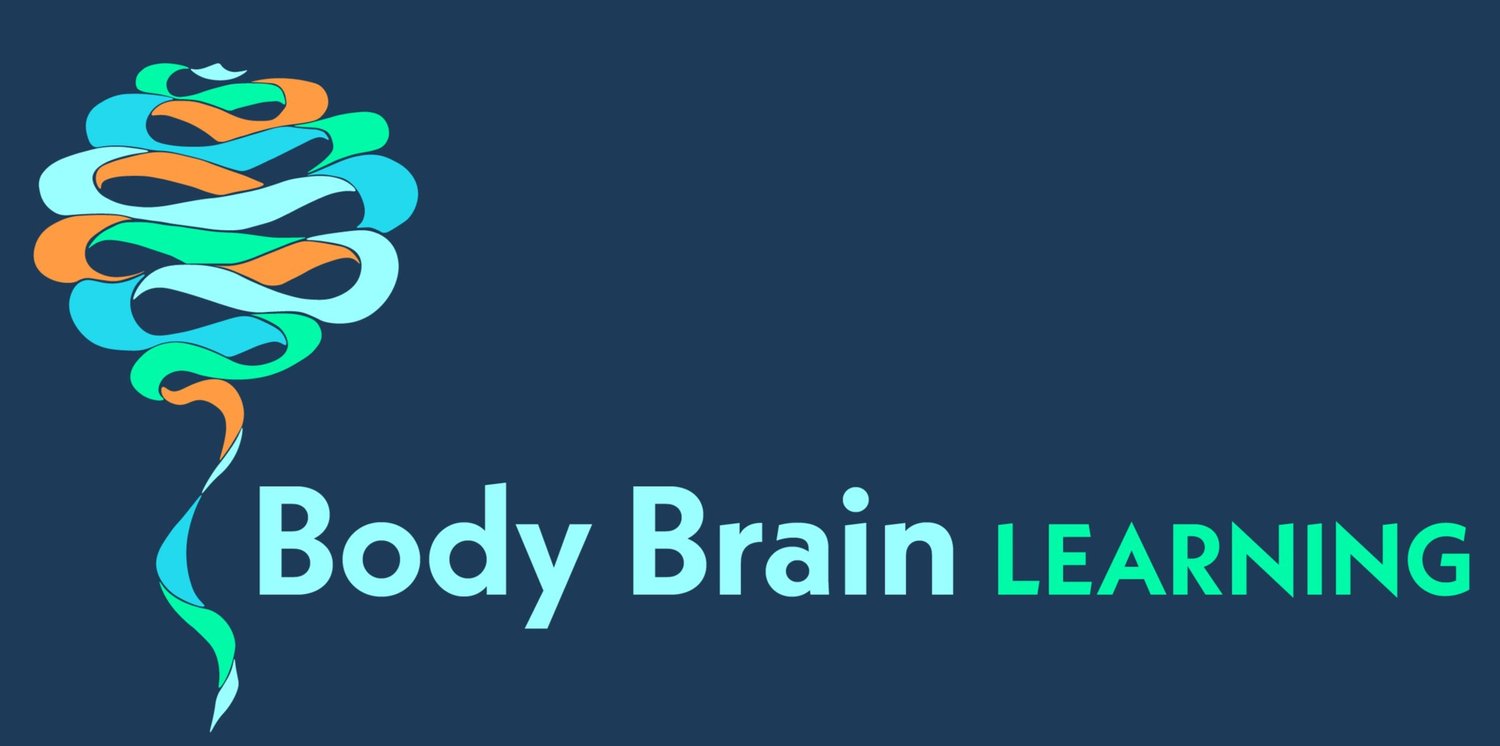Audiobooks: Brilliant for the Whole Family!
As parents and teachers we are continually looking for effective ways to boost our children’s reading and learning skills. Audiobooks might be something to consider adding to your family’s repertoire. Audiobooks offer simple yet effective ways to do just that. Let’s explore how this fun and engaging way of ‘reading’ can benefit the whole family, including the youngest learners in your house.
Benefits for Young Minds
Improving Listening Skills
Audiobooks help children become better listeners, a crucial skill for formal learning and social interactions. As they follow along with books, kids learn to focus on spoken words and interpret tone, inflection, and vocabulary meanings. You can expect to build listening stamina with the child, thinking of listening ability like building a muscle.
Enhancing Vocabulary
Exposure to a wide range of words in context helps children expand their vocabulary. In addition, when an adult is listening along too then the child can stop and discuss nuanced concepts, building shared experiences while building their language skills. Audiobooks often include words far above the child’s reading level, introducing them to concepts and language in an accessible way.
Improving Comprehension
Contrary to what many folks might think, listening to audiobooks can actually improve reading comprehension. Professional narrators bring books to life, helping the listeners to visualize the content and understand complex themes, character, and storylines. Visualization while listening/reading is a powerful cognitive tool that greatly improves reading comprehension.
Supporting Diverse Learners
Help for Struggling Readers
For children who find reading difficult, audiobooks can be a game-changer! This delivery of literature allows children and adults alike to access incredible content without the frustration of decoding text while boosting their love for and confidence in themselves as learners and storytellers.
Multi-sensory Learning
Combining audiobooks with a physical book creates a multisensory listening experience. Some children become frustrated with being required to have a book in hand while listening so explore what is best for your child. Another consideration is that diverse learners of all ages find it easier to listen while moving which can easily be done with audiobooks. So find what is best for your family.
Practical Tips for Parents & Teachers
Family Listening Time: Make listening to audiobooks a part of family routines, like during car rides or snuggled on the couch before bed.
Classroom Integration: Use audiobooks to supplement any area of curriculum that you choose, fiction or nonfiction. This takes the pressure off of your voice and allows you to enjoy the book with your students.
Discussion Prompts: After listening, engage your children in conversations about the story to reinforce comprehension and critical thinking. This is also a wonderful way to build social-emotional skills and empathy.
Audiobook-Print Pairing: Encourage children to follow along with the audiobook while reading print text. This may stress some children out if they have found learning to read frustrating and difficult, so only implement this when they are ready.
Budget Friendly Audiobooks: If you are on a tight budget there are many free audiobooks platforms including apps. made available through your public library. You can borrow free audiobooks in CD form or through apps. such as Libby and Hoopla.
In conclusion, listening to audiobooks is not only a convenient alternative to reading print books, it is important for improving children’s and adult’s listening skills, vocabulary and comprehension of content. All these benefits while supporting your diverse learners in a simple way. Find here a free download to get going on a “30-Day Audiobook Reading Challenge.” May this be the beginning of new adventures for you and your child(ren)!
Feel free to send me your thoughts, questions and experiences regarding listening to audiobooks!.
dawn@bodybrainlearning.ca

